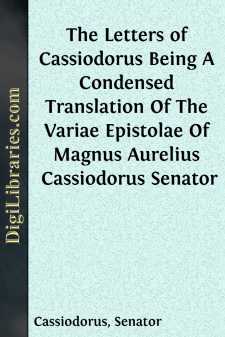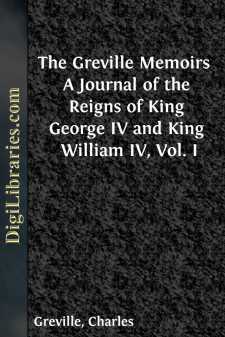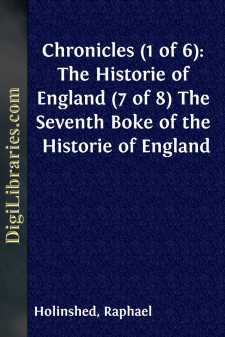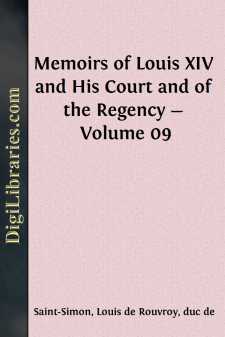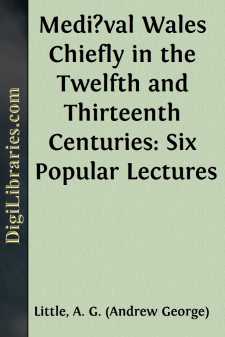Categories
- Antiques & Collectibles 13
- Architecture 36
- Art 48
- Bibles 22
- Biography & Autobiography 815
- Body, Mind & Spirit 144
- Business & Economics 28
- Children's Books 18
- Children's Fiction 14
- Computers 4
- Cooking 94
- Crafts & Hobbies 4
- Drama 346
- Education 58
- Family & Relationships 59
- Fiction 11834
- Games 19
- Gardening 17
- Health & Fitness 34
- History 1378
- House & Home 1
- Humor 147
- Juvenile Fiction 1873
- Juvenile Nonfiction 202
- Language Arts & Disciplines 89
- Law 16
- Literary Collections 686
- Literary Criticism 179
- Mathematics 13
- Medical 41
- Music 40
- Nature 179
- Non-Classifiable 1768
- Performing Arts 7
- Periodicals 1453
- Philosophy 65
- Photography 2
- Poetry 896
- Political Science 203
- Psychology 44
- Reference 154
- Religion 515
- Science 126
- Self-Help 85
- Social Science 83
- Sports & Recreation 34
- Study Aids 3
- Technology & Engineering 59
- Transportation 23
- Travel 463
- True Crime 29
Our website is made possible by displaying online advertisements to our visitors.
Please consider supporting us by disabling your ad blocker.
Sir Francis Drake Revived
by: Philip Nichols
Categories:
Description:
Excerpt
INTRODUCTORY NOTE
Sir Francis Drake, the greatest of the naval adventurers of England of the time of Elizabeth, was born in Devonshire about 1540. He went to sea early, was sailing to the Spanish Main by 1565, and commanded a ship under Hawkins in an expedition that was overwhelmed by the Spaniards in 1567. In order to recompense himself for the loss suffered in this disaster, he equipped the expedition against the Spanish treasure-house at Nombre de Dios in 1572, the fortunes of which are described in the first of the two following narratives. It was on this voyage that he was led by native guides to "that goodly and great high tree" on the isthmus of Darien, from which, first of Englishmen, he looked on the Pacific, and "besought Almighty God of His goodness to give him life and leave to sail once in an English ship in that sea."
The fulfilment of this prayer is described in the second of the voyages here printed, in which it is told how, in 1578, Drake passed through the Straits of Magellan into waters never before sailed by his countrymen, and with a single ship rifled the Spanish settlements on the west coast of South America and plundered the Spanish treasure-ships; how, considering it unsafe to go back the way he came lest the enemy should seek revenge, he went as far north as the Golden Gate, then passed across the Pacific and round by the Cape of Good Hope, and so home, the first Englishman to circumnavigate the globe. Only Magellan's ship had preceded him in the feat, and Magellan had died on the voyage. The Queen visited the ship, "The Golden Hind," as she lay at Deptford and knighted the commander on board.
Drake's further adventures were of almost equal interest. Returning from a raid on the Spaniards in 1586, he brought home the despairing Virginian colony, and is said at the same time to have introduced from America tobacco and potatoes. Two years later he led the English fleet in the decisive engagement with the Great Armada. In 1595 he set out on another voyage to the Spanish Main; and in the January of the following year died off Porto Bello and was buried in the waters where he had made his name as the greatest seaman of his day and nation.
TO THE HIGH AND MIGHTY
CHARLES THE FIRST, OF
GREAT BRITAIN, FRANCE, and IRELAND,
KING, all the blessings of this, and a better life.
MOST GRACIOUS SOVEREIGN,
That this brief Treatise is yours, both by right and by
succession, will appear by the Author's and Actor's ensuing
Dedication. To praise either the Mistress or the Servant, might
justly incur the censure ofQuis eos unquam sanus vituperavit;
either's worth having sufficiently blazed their fame.
This Present loseth nothing, by glancing on former actions; and
the observation of passed adventures may probably advantage future
employments. Caesar wrote his own Commentaries; and this Doer was
partly the Indictor.
Neither is there wanting living testimony to confirm its truth.
For his sake, then, cherish what is good! and I shall willingly
entertain check for what is amiss....




